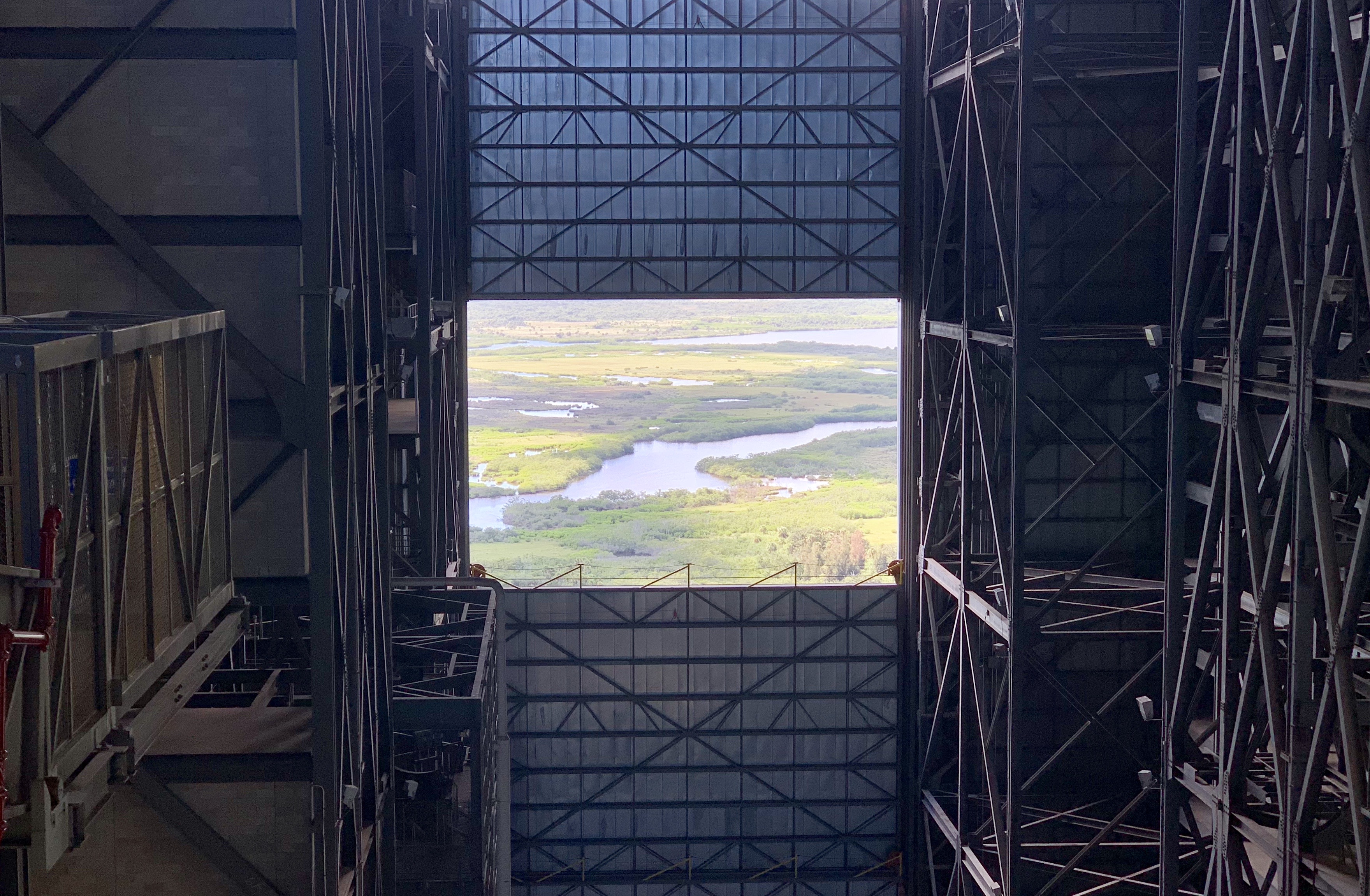

It’s the odds-on favorite for the next generation of radiation-hardened space computers (HPSC). Potential to be a 25x improvement over current capabilities. Guessing most of the use cases will be niche like that, but who knows.


It’s the odds-on favorite for the next generation of radiation-hardened space computers (HPSC). Potential to be a 25x improvement over current capabilities. Guessing most of the use cases will be niche like that, but who knows.


The Starship concept of operations requires 11 launches for each mission to the moon - one for the vehicle, another 10 to refuel it once it get into earth orbit. Each of these missions have to autonomously dock and perform a cryogenic fuel transfer.
Nobody, and I mean nobody, has shown an operationally-viable in-space cryo transfer. Even doing it on Earth is a fussy thing - cryo transfer was behind two of the Artemis I scrubs, and NASA’s been doing it since Apollo.
Getting one Starship into orbit is an interesting milestone but it’s a long way from what they promised the world they could do… and the clock is ticking.


This directive is largely pointless, which is pretty normal for government travel. Absent orders to the contrary, it’s still “lowest-price option that gets you to the destination in time.” 9 times out of 10, that’ll still be the contract airline fare, a basic per diem hotel, and the lowest-bid compact car at the destination.
I’m part of a pretty large subset of government folks that travel largely to large installations (military bases, etc) with no guarantee of EV charging stations because facilities funds have been constricted for decades. The per diem hotels don’t usually have much charger infrastructure either, which means government EV renters will have to run around looking for fast chargers in unfamiliar towns. I’m not at all unusual in this regard; I think it’s pretty unlikely that a given federal govt worker will be able to catch a train to their TDY.
The train thing is goofy except for the northeast and maybe California. I’m not in those places, there isn’t a train station in my zip code, and it looks like POV travel is a no-go now so I can’t leave my immediate vicinity without a rental.
Outside of big population centers, this new rule has no real effect other than to make a few new checkboxes on our travel forms… “did you consider rail travel for this trip? Y/n”, “was an EV rental available at a rate equal to the compact car rate? Y/n
The only thing that would really work here would be a requirement and a subsidy. “Rail travel is required unless the total cost of the rail option is greater than 125% of the air travel option.” “Government travelers are required to rent EVs unless the EV rental price is more than double the cost of a conventional compact.” You’ll also need an “all government buildings shall provide EV charging for official travel.” …and probably a “Government travelers with an EV rental may exceed hotel per-diem by up to $15/night if the hotel has EV charging infrastructure.”


Eric Burger has been against SLS for like 15 years, it’s his whole schtick. Loves making points about how expensive it is, about how late it was, and that it means NASA can’t design rockets anymore. Never talks the other side - how Congress hamstrung the design, how it was consistently under-funded, and how it was shackled to Boeing at the same time that the entire company hit the skids.
SLS was forced to be a Frankenstein rocket slash jobs program by legislative fiat. Of course it’s not sustainable in a financially-constrained environment - it was designed to spread money and jobs just as much as it was designed to deliver payloads.
It’s still the only thing that can put an Orion vehicle in orbit, and Orion is the only vehicle we’ve got today that can get crew off the earth and to lunar orbit, and Artemis I was a masterpiece launch of a first-build rocket.
Another SLS hit piece from Ars Technica isn’t news, it’s just noise.


I call shenanigans. A fully autonomous space vehicle is three miracles away - we need a revolution in avionics to get systems capable of running computationally-expensive models, a revolution in sensor technology to allow for dense state knowledge of satellite systems without blowing mass and volume budgets, and we need a revolution in AI/ML that makes onboard collision avoidance and system upkeep viable.
I do believe that someone has pre-trained a model on vegetation and terrain features, has put that model up on a cube sat, and is using it to “autonomously” identify features of interest. I do believe someone has duct-taped a LLM to the ground systems to allow for voice interaction. I do not agree that those features indicate a high level of autonomy on the spacecraft.
The reason I am generally skeptical of the technology is the same reason I’m not going to try to give you a definition.
I’ve never seen it solve a problem or be proposed as a reasonable solution to a problem. What happens instead is that someone says “could we do BLOCKCHAIN for this, it’ll make it way more modern” and the subset of people that want to look really forward-leaning and cool say “YEAH”. If that subset of people is loud enough, a lot of money gets spent and a bunch of implementers have to figure out how to jam in something they can say is blockchainy… leading to a proliferation of definitions.
The results have been universally more expensive applications with fewer helpful features. I don’t like “blockchain” because everything that touches it gets worse.